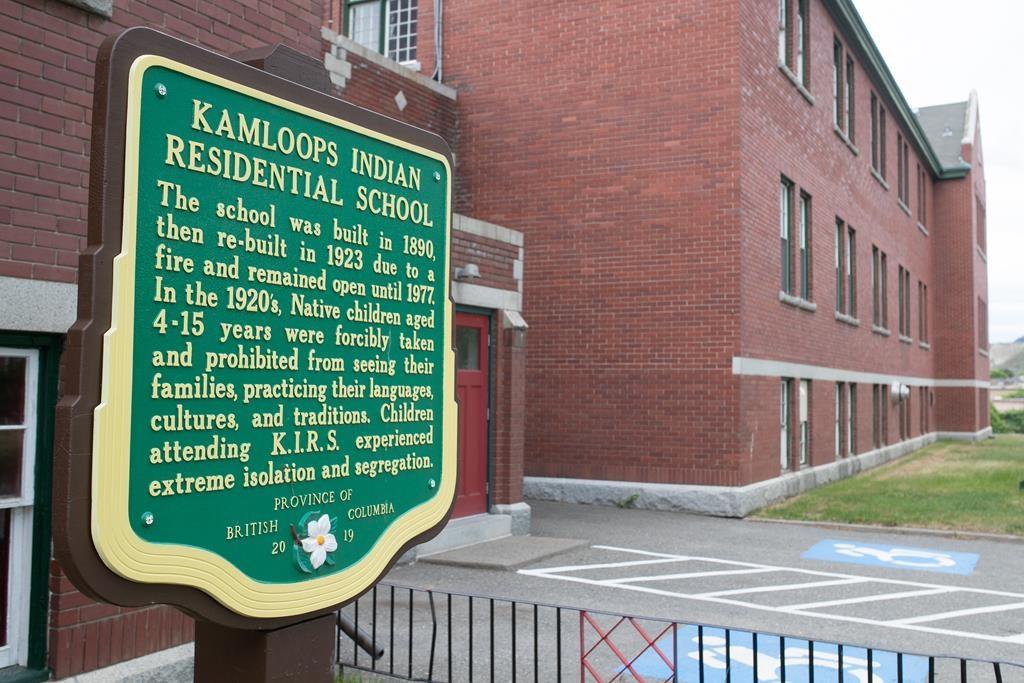The federal government will pay an international organization $2 million to provide indigenous communities with advice and options around identifying possible human remains buried near former residential school sites.
Crown-Indigenous Relations Minister Marc Miller said in a statement that his office will be signing a technical agreement with the International Commission on Missing Persons (ICMP), which is based in The Hague, Netherlands, and describes itself as “an intergovernmental organization that addresses the issue of persons missing as a result of armed conflicts, violations of human rights, and natural disasters.”





